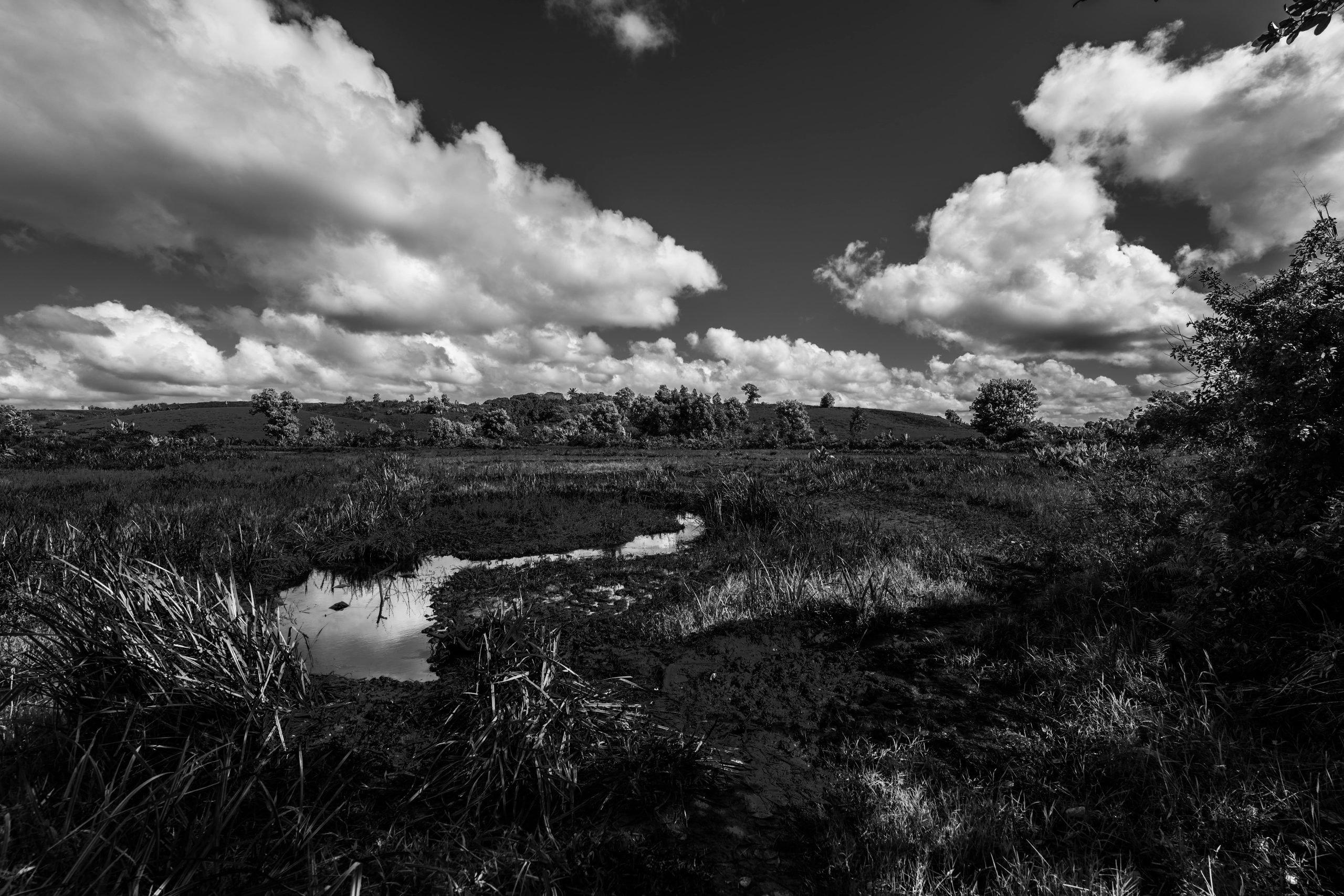


Abhishek Karna
Duke Affiliation: Undergraduate, Junior
Graduation Year: 2026
Major: Physics and Mathematics
Country: Nepal
Abhishek focuses on atmospheric pollution and climate physics, with an emphasis on PM2.5 modeling, synoptic-scale dynamics, and local pollution patterns. His research integrates advanced techniques such as HYSPLIT and potential source contribution functions (PSCF) to study transboundary PM2.5 transport in regions like Nepal and the Indo-Gangetic Plain, identifying pollutant pathways and cross-border influences.
He also analyzes local pollution dynamics using diurnal PM2.5 patterns, planetary boundary layer height, and ventilation coefficients to isolate non-local pollution sources through innovative quantification methods. His work extends to meteorological analyses, utilizing ERA5 datasets to examine temperature and precipitation effects, and creating heatwave maps for the Southeastern United States, contributing to international collaborations and impactful environmental studies. Now, he is primarily working on creating a System Dynamics model for Planetary Health using Bayesian Statistics.

